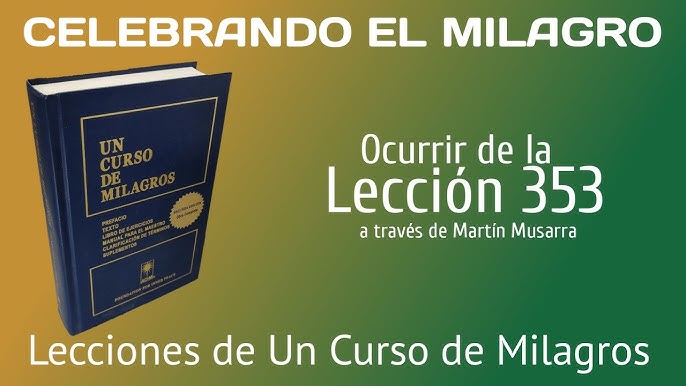Education stands as the cornerstone of human progress and societal development, serving as the catalyst for personal growth, enlightenment, and the advancement of civilization. It acim is a dynamic process that transcends the confines of classrooms, textbooks, and examinations, encompassing a holistic journey of acquiring knowledge, honing skills, and fostering critical thinking. This article explores the multifaceted dimensions of education, its role in shaping individuals and societies, and the transformative power it holds in unlocking human potential.
The Purpose of Education:
At its core, education serves a dual purpose: to impart knowledge and to cultivate skills. Beyond the acquisition of facts and figures, education equips individuals with the tools to navigate the complexities of life, fostering intellectual curiosity, problem-solving abilities, and adaptability. It is not merely a means to secure employment but a lifelong pursuit that enriches one’s understanding of the world, instills a sense of civic responsibility, and cultivates empathy.
Formal vs. Informal Education:
While formal education within structured institutions such as schools and universities plays a pivotal role, the scope of education extends far beyond traditional settings. Informal education, gained through life experiences, self-directed learning, and interactions with diverse cultures, is equally crucial. The amalgamation of formal and informal education creates well-rounded individuals capable of navigating a rapidly changing global landscape.
Empowering Through Knowledge:
Education empowers individuals by providing them with the knowledge and skills necessary to make informed decisions. In an era characterized by information overload, fostering critical thinking and information literacy is essential. A well-rounded education equips individuals to discern fact from fiction, think analytically, and engage in constructive dialogue – skills vital for personal and societal growth.




